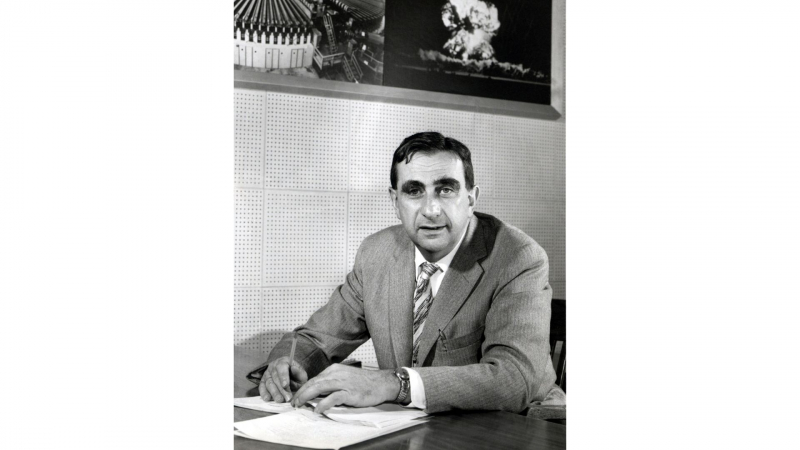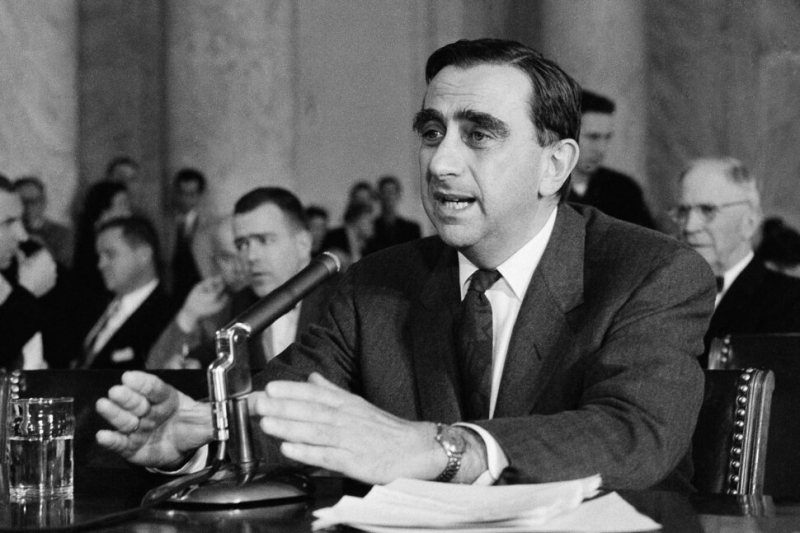Edward Teller
Theoretical physicist Edward Teller (January 15, 1908 – September 9, 2003) was Hungarian-American. He is sometimes referred to as "the father of the hydrogen bomb", however he thought the moniker was offensive. In addition to his technical prowess, Teller was noted for having trouble getting along with people and having a volatile disposition throughout his life.
Teller, a well-known Hungarian scientist émigré who was born in Hungary in 1908, immigrated to the United States in the 1930s. He was one of the numerous so-called "Martians" in this group. He made important contributions to spectroscopy, surface physics, nuclear and molecular physics, and spectroscopy. While the Jahn-Teller effect and the Brunauer-Emmett-Teller (BET) theory have maintained their original formulation and are still mainstays in physics and chemistry, his extension of Enrico Fermi's theory of beta decay, in the form of Gamow-Teller transitions, provided an important step in its application.
Because of his support for the advancement of nuclear energy, a robust nuclear arsenal, and an active nuclear testing program, Teller continued to get backing from the American government and military research establishment. In his later years, Teller gained notoriety particularly for his support of contentious technological solutions to both military and civilian issues, such as Project Chariot, which involved the use of thermonuclear explosive to create an artificial harbor in Alaska, and Ronald Reagan's Strategic Defense Initiative. Numerous honors, such as the Enrico Fermi Award and the Albert Einstein Award, were given to Teller. At age 95, he passed away in Stanford, California, on September 9, 2003.







